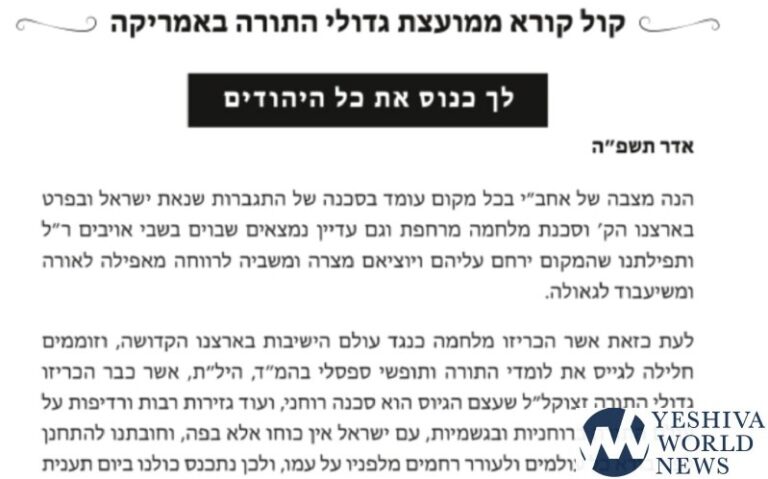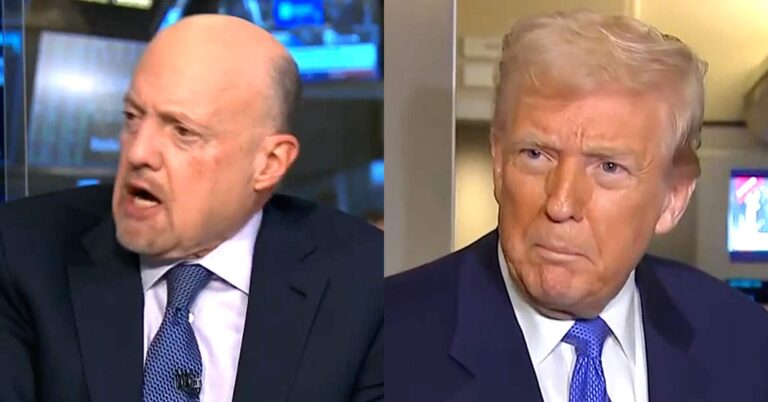By Rabbi Yair Hoffman for the Five Towns Jewish Times
The Mazda MX5 Miata is hands down this year’s most popular sports cars, according to Car and Driver Magazine. It is often purchased by balding men in their forties who are entering their mid-life crises. The most popular minivan in the United States is the Chrysler Pacifica. They are generally purchased by people with larger families. The different profiles of each one of the purchasers of these vehicles is significant.
Why?
Because it seems that each of these automobiles may have a different status in Halacha.
First, an introduction.
Whenever we make a new and exciting purchase there are two possible brachos that may be recited. At times we recite a “Shehecheyanu” and at times we recite a “Baruch HaTov veHaMaitiv.” The Shulchan Aruch (OC 222:1; 175:4 and elsewhere) tells us that “Baruch HaTov VeHaMaitiv” is recited when someone else also benefits from the item. A “Shehecheyanu” is recited when only one person benefits from the item.
In our case of the Pacifica, since the entire family benefits from the vehicle, a HaTov VeHaMaitiv” would be recited. With the MX5, the profile of the buyer is different. It would indicate that a “Shehecheyanu” would be recited.
Now what would be the Halacha of such purchases during the Three Weeks?
May either one of these cars be purchased then? As we know, during the three weeks we try to avoid reciting a Shehecheyanu (See SA OC 551:17). The reason is that the words of the bracha indicate an expression of thanks for having allowed us to reach this “special” time.
The problem is that the tragic loss of the Bais HaMikdash makes this time period anything but “special.” The Mogain Avrohom (551:42) explains that the idea of not reciting a shehecheyanu is because of the wording, and not because of the idea of mourning. He writes, “However, the reason is not on account of mourning, for we do not find that a mourner is forbidden in reciting a shehecheyanu.”
According to the Mogain Avrohom then, a Mazda MX5 may not be purchased after the 17th of Tammuz. A Pacifica, however, may be purchased. This is so because the bracha on these cars is not a “shehecheyanu.”
Not everyone agrees with this Mogain Avrohom, however. The Maamar Mordechai (551:12) rules that the reason the blessing is not recited is, in fact, on account of our mourning and pain.
According to this view, the minivan cannot be purchased either. Rav Moshe Feinstein Zatzal discusses the purchase of cars during the Three Weeks in his Igros Moshe (OC III #80) and rules in accordance with the aforementioned Mogain Avrohom.
What is interesting to note here is that the issue that all the Poskim seem to focus upon is not the emotion that is felt in the purchase. Rather, their focus is upon the blessing itself. Indeed, Rav Shlomo Zalman Auerbach (Halichos Shlomo 14:1) zatzal writes that the purchase in and of itself is not forbidden – it is the associated blessing.
This thought should give us all some pause.
Often we may seem to ramble through our brachos when we recite them. The fact that Rav Moshe zatzal and the Mogain Avrohom forbid the “Shehecheyanu” but permit the “HaTov VeHaMaitiv” speaks volumes about the kavana – the intent that we must have in every word of the brachos that we recite.
This then might be a lesson we can all take to heart during this period.
Words and Brachos do matter.
We should focus and concentrate on the real center of it all – Hashem and the bracha in which we express our appreciation to Him. Everything comes from Him.
Most Meforshim explain that this is the real meaning of the words “Boruch attah Hashem.” It does not mean that we, mere mortals, are blessing Hashem. Rather, it means that we acknowledge that Hashem is the source of all blessing.
The author may be reached at [email protected].












One Response
1. The whole family benefits when aging, overworked, grumpy Dad buys himself a sports car and helps himself through his midlife crisis.
2. And don’t forget about the poor secular Jewish immigrant who comes to America, has great financial success, buys a Jaguar, goes to a frum rabbi, asks for a bracha for his Jaguar, and the frum rabbi asks, “What’s a Jaguar?” So the Jew goes to a Reform rabbi, asks for a bracha for his Jaguar, and the Reform rabbi asks, “What’s a bracha?”